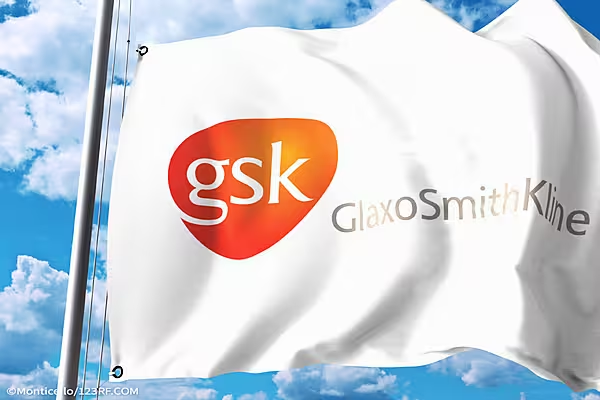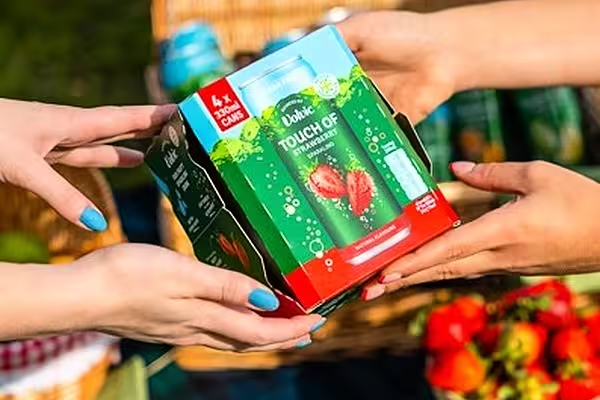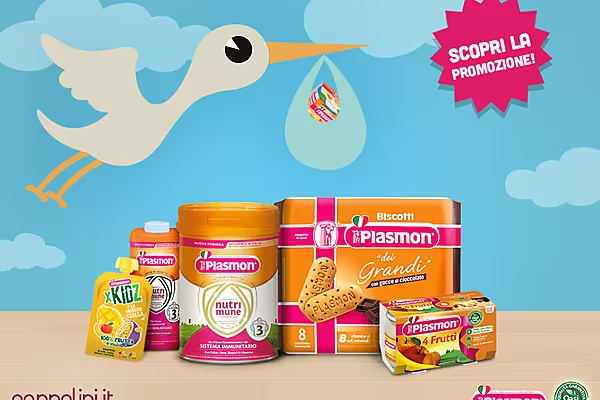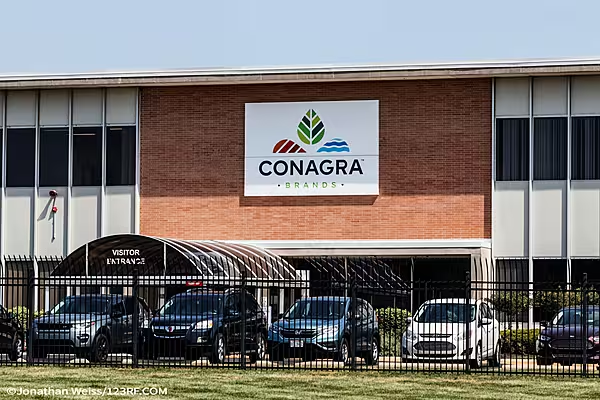Strong cash flow and growth will enable GlaxoSmithKline's consumer products business to cope with a higher debt load after its planned separation next year, the division's head of marketing told Reuters.
Tamara Rogers, chief marketing officer for GSK Consumer Healthcare, said in an interview for the Reuters Marketing Interactive Week that the business would take the increased debt in its stride because of its cash flow prospects.
"As a consumer business we have a very good cash flow, so we're expecting - with the growth rates that we are anticipating - to be able to manage that burden," Rogers said.
This would enable the division to "make the choices we want to make around where to play. We are in sectors that are very high growth," Rogers added.
Two Listed Groups
GSK is due to update investors on plans to split into two listed groups, one for pharmaceuticals and vaccines and another for consumer remedies, on 23 June.
The consumer group has £10 billion ($14.2 billion) in sales, about 30% of the group total, and as part of the separation slated for next year, GSK has said the unit will take on net debt worth 3.5 to 4 times its annual adjusted earnings before interest, taxes, depreciation and amortisation (EBITDA).
That is up from 2 times for all of GSK currently.
The proceeds from recapitalising the consumer division will be paid out to help GSK's remaining pharmaceuticals and vaccines business cut net debt to a ratio below 2, as well as to Pfizer, which owns 32% of the entity.
Room To Grow
Rogers said there was ample room for the consumer health business to grow from its number one position in the industry. Though ahead of Johnson & Johnson, Sanofi and Bayer, it only commands a share of about 7% in the global market for over-the-counter remedies and vitamins.
For now, the group will focus on opportunities to grow in its established categories including oral care, pain killers as well as sprays and creams for allergy relief, both organically and via takeovers.
"It's a market that is more fragmented and we believe there is plenty of headroom for growth in the categories that we already play in," Rogers said.
"We are always looking at M&A opportunities but they have to be ones that are going to really align, augment and have a really strong fit with our business," said Rogers.
Its vitamins and minerals for preventative healthcare, such as the Centrum brand, have seen a surge in demand during the coronavirus pandemic and Rogers said she expects preventative care to become an enduring trend even as COVID-19 cases drop.
News by Reuters edited by Donna Ahern, Checkout. For more a brands stories click here. Click subscribe to sign up for the Checkout print edition.









